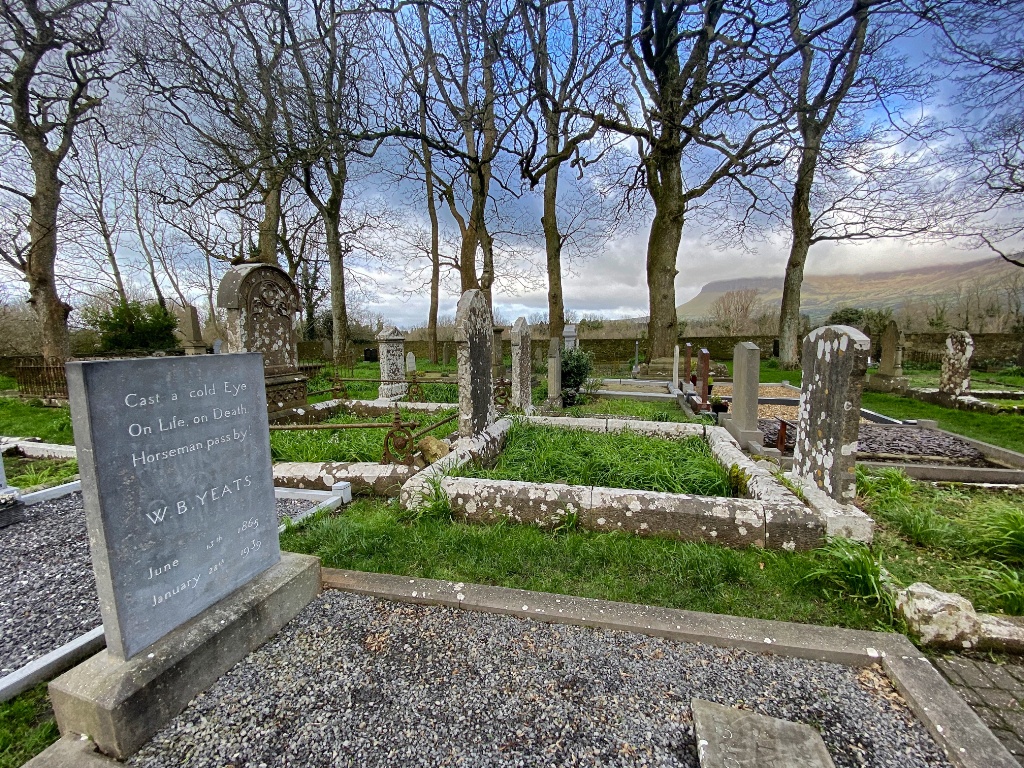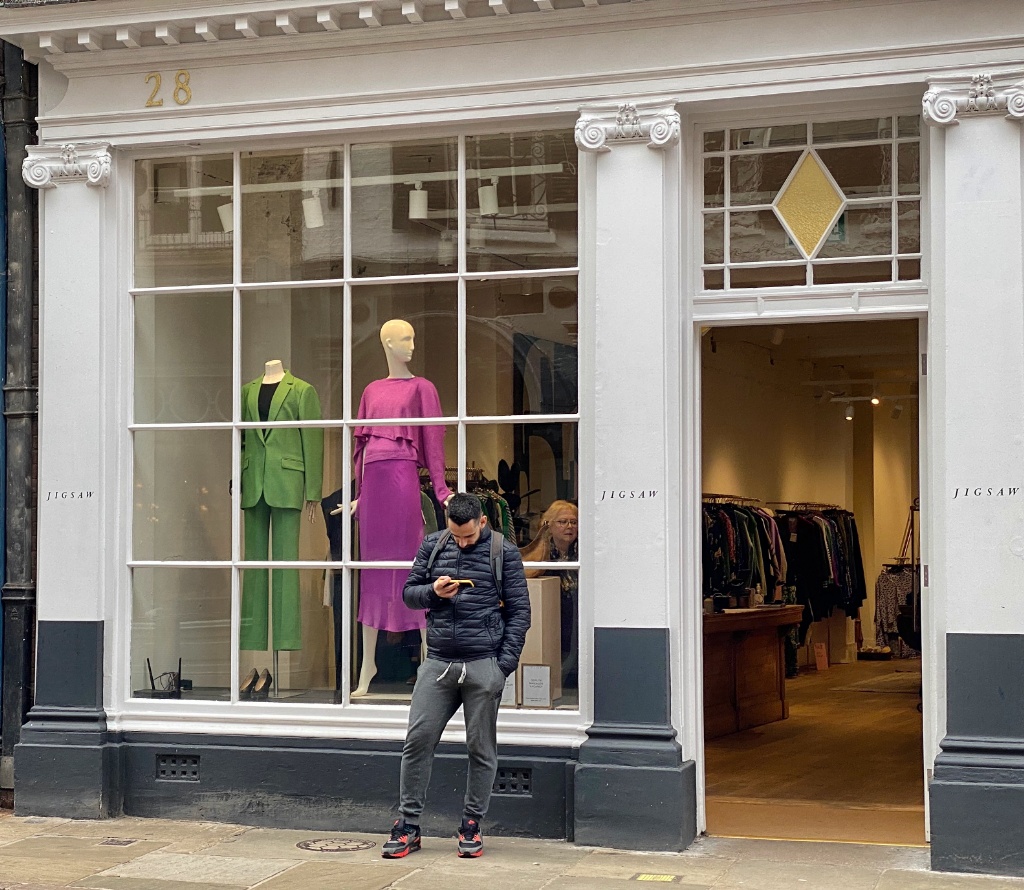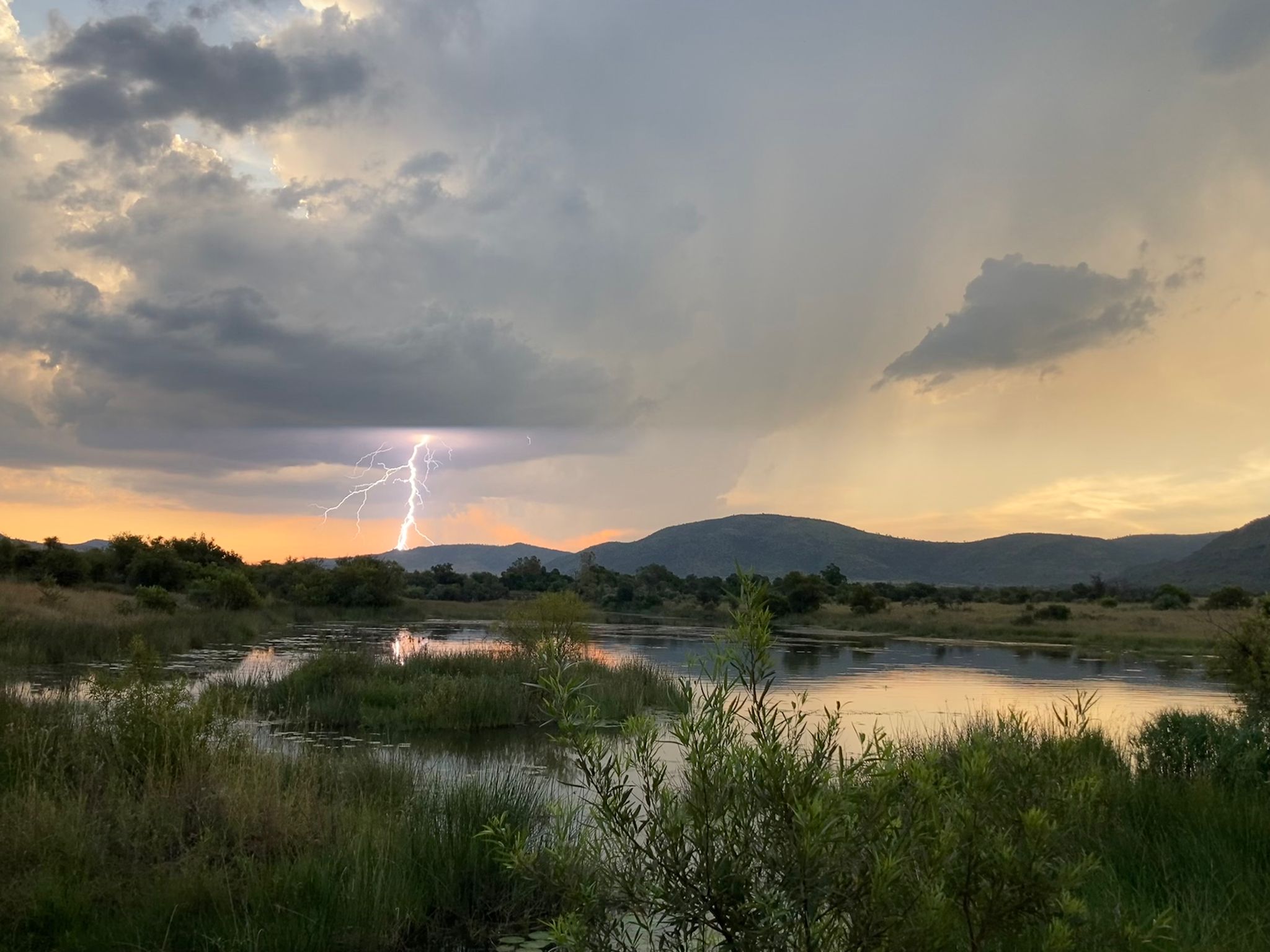W.B.’s final resting place

Drumcliffe churchyard, Co. Sligo.
The inscription reads:
Cast a cold Eye
On Life, on Death.
Horseman pass by.
I never pass by without calling in. Especially now that the café has re-opened.
Quote of the Day
”Also, I am sorry to be rude, but there is another reason that it is maybe not great to be the Bank of Startups, which is that nobody on Earth is more of a herd animal than Silicon Valley venture capitalists. What you want, as a bank, is a certain amount of diversity among your depositors. If some depositors get spooked and take their money out, and other depositors evaluate your balance sheet and decide things are fine and keep their money in, and lots more depositors keep their money in because they simply don’t pay attention to banking news, then you have a shot at muddling through your problems.
But if all of your depositors are startups with the same handful of venture capitalists on their boards, and all those venture capitalists are competing with each other to Add Value and Be Influencers and Do The Current Thing by calling all their portfolio companies to say “hey, did you hear, everyone’s taking money out of Silicon Valley Bank, you should too,” then all of your depositors will take their money out at the same time.”
- Bloomberg’s incomparable Matt Levine, in an instructive and entertaining piece (behind a paywall, alas) about the SVB fiasco. Luckily, my friend Hap (Whom God Preserve) generously gifted me a copy, which had me chortling over afternoon tea.
Musical alternative to the morning’s radio news
Julian Bream | Rondo in A minor (Dionisio Aguado)
Link
Long Read of the Day
Willard McCarty, one of the wisest and best-read scholars I know, wrote with an interesting question. He’d been reading Joseph Weizenbaum’s Computer Power and Human Reason and was struck (as many of us have been) by a famous passage about the impact that his ELIZA chatbot had on people who interacted with it. The passage reads:
I was startled to see how quickly and how very deeply people conversing with DOCTOR became emotionally involved with the computer and how unequivocally they anthropomorphized it. Once my secretary, who had watched me work on the program for many months and therefore surely knew it to be merely a computer program, started conversing with it. After only a few interchanges with it, she asked me to leave the room.
“In all the quotations and citations of this anecdote I have seen,” Willard writes, “none gives the secretary’s name. This is of course not surprising when we consider the attitudes of the time, perhaps especially in the technical environment of a computer science department at MIT. One such citation declares that her name is unknown. I would very much like to know it — not enough to book a flight and spend the necessary time in the MIT Archive with Weizenbaum’s papers, but still I think what she did is highly significant and so would like to put it into print.”
He’s right. This woman’s reactions to the chatbot has suddenly acquired a contemporary resonance, as millions of our fellow-humans are unhinged by their interactions with ChatGPT and impute some human-like properties to it. Joe’s secretary deserves to be credited as the first person to have experienced these thoughts.
Pondering Willard’s inquiry, I (of course) set off down a rabbit-hole which turned up The Samantha Test, a thoughtful New Yorker essay by Brian Christian about Spike Jonze’s film Her which, on reflection, struck me as being an appropriate Long Read for today.
Consider this para, towards the end:
So where does that leave us? “Her,” not unlike the Turing Test itself, says more about the nature of human intimacy than it does about the limits of computation. As both an author and a lover of literature, I would be a hypocrite to condemn too strongly the power of indirect or one-way intimacy. I run the disembodied thoughts of some other mind through my own, like code, and feel close to someone else, living or dead, while risking nothing, offering nothing. And yet the communion, I would argue, is real. Books themselves are perhaps the first chatbots: long-winded and poor listeners, they nonetheless have the power to make the reader feel known, understood, challenged, spurred to greatness, not alone.
I hope you enjoy it. I did.
More on Silicon Valley Bank
Interesting details this morning from Tortoise Media’s invaluable daily update:
$42 billion – withdrawals from SVB last Thursday alone
minus $1 billion – balance of the bank’s main accounts by close of business on Friday
$250,000 – maximum deposit usually insured by the US Federal Deposit Insurance Corporation in the event of a run, although the Fed lifted that cap at the weekend ensuring all depositors at SVB would be made whole
96 – percentage share of SVB customers with balances over $250,000 as of last week
And now for the UK angle:
£7 billion – deposits at SVB UK, the subsidiary sold this morning to HSBC for £1
Talk about a fire sale.
Academy of Euphemism
It’s a little-known fact that Music Examiners are wizards at wrapping criticism in encouraging syrup. I know this because I am married to a music teacher, who occasionally reads out some of these masterpieces of euphemism from examiners’ reports as a way of stopping me doing what is laughingly called my ‘work’.
Here’s an example:
”A positive tempo was adopted and largely maintained. It was quite heavy in touch for the most part, though some dynamic levels emerged. A few smudges and anxious moments, but much articulation was clear.” 23/30
My commonplace booklet
Well, well. Tom Cruise, arguably the biggest star in movie history, and the man who brought Hollywood back from the dead after the pandemic, has never won an Oscar.
This Blog is also available as a daily email. If you think that might suit you better, why not subscribe? One email a day, Monday through Friday, delivered to your inbox. It’s free, and you can always unsubscribe if you conclude your inbox is full enough already!










